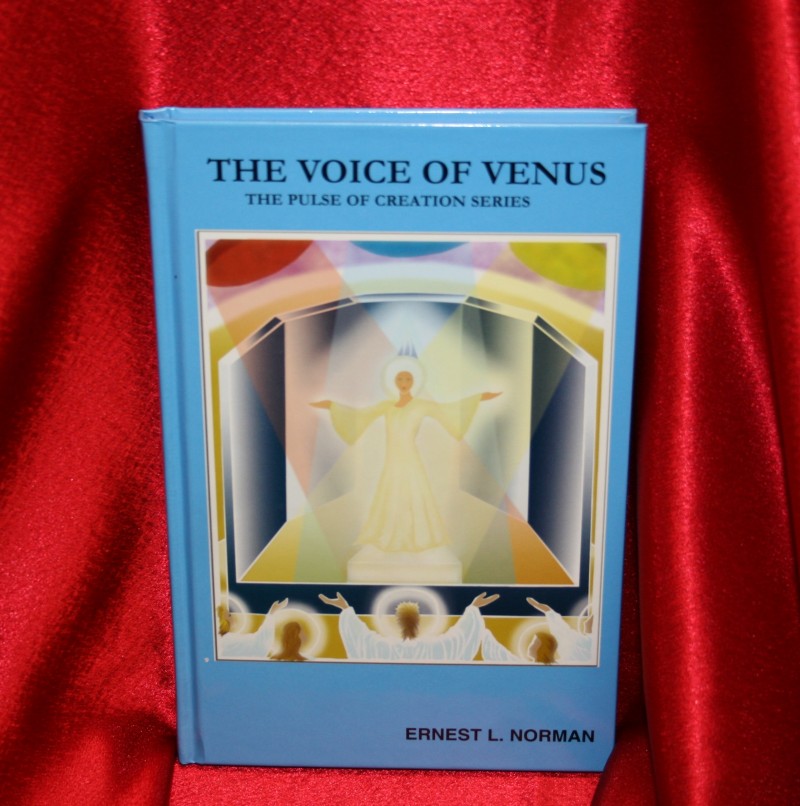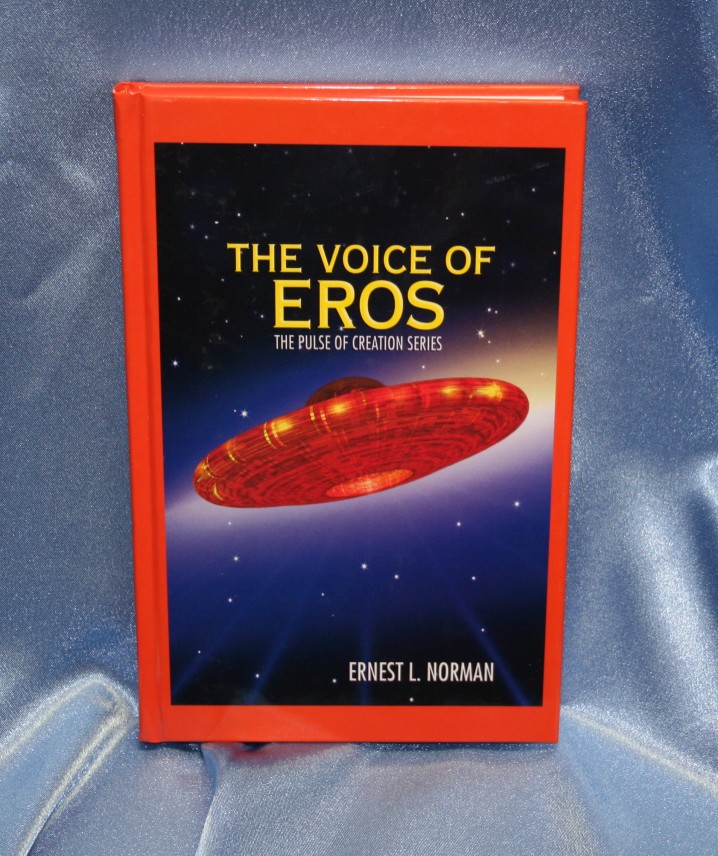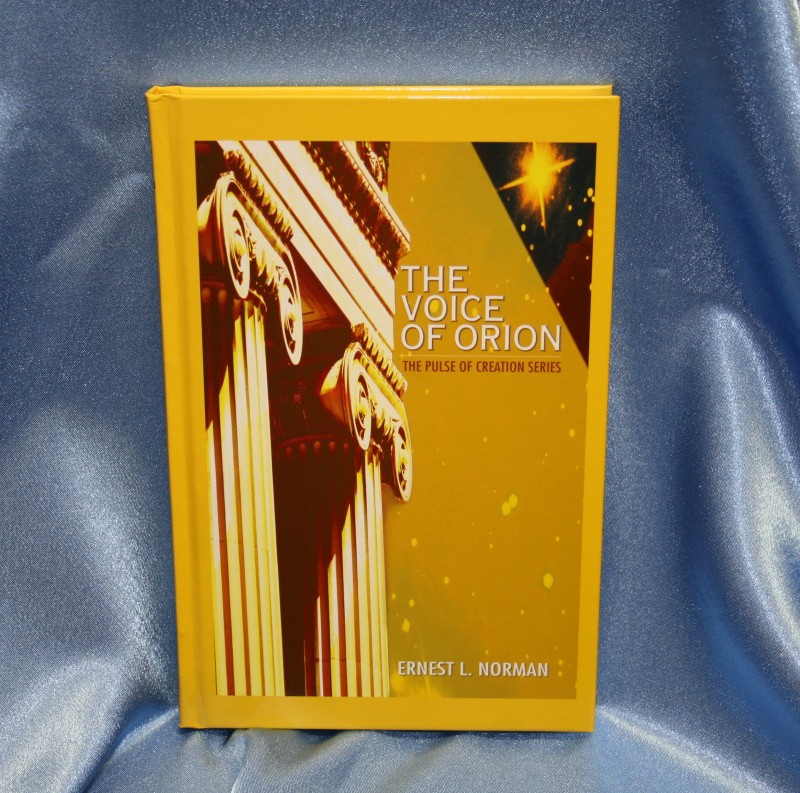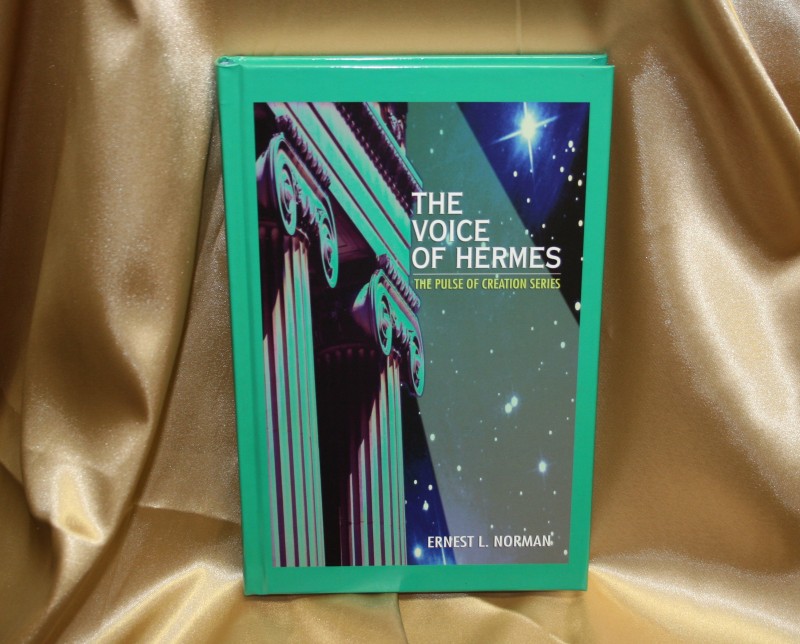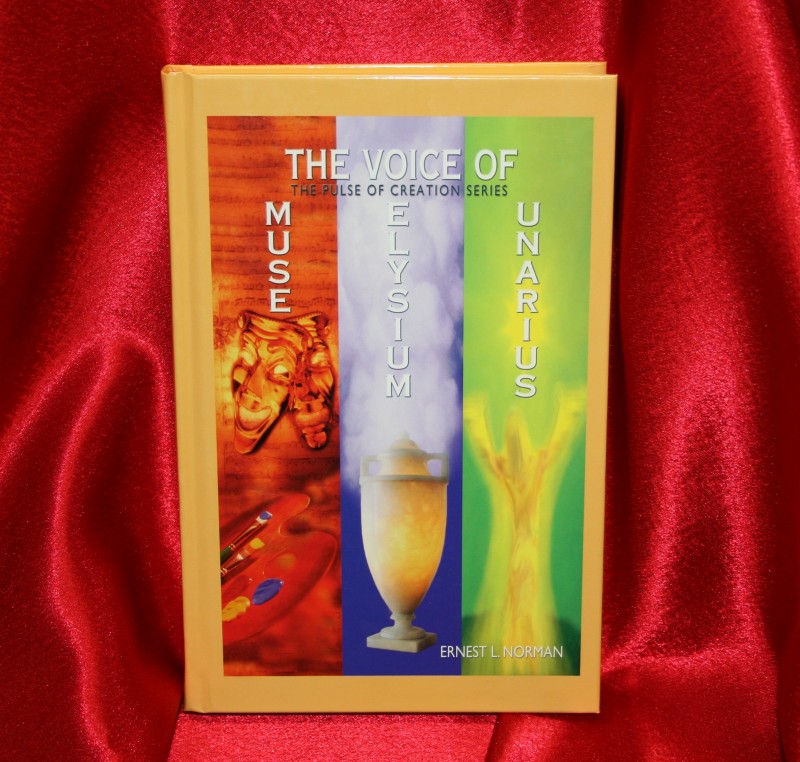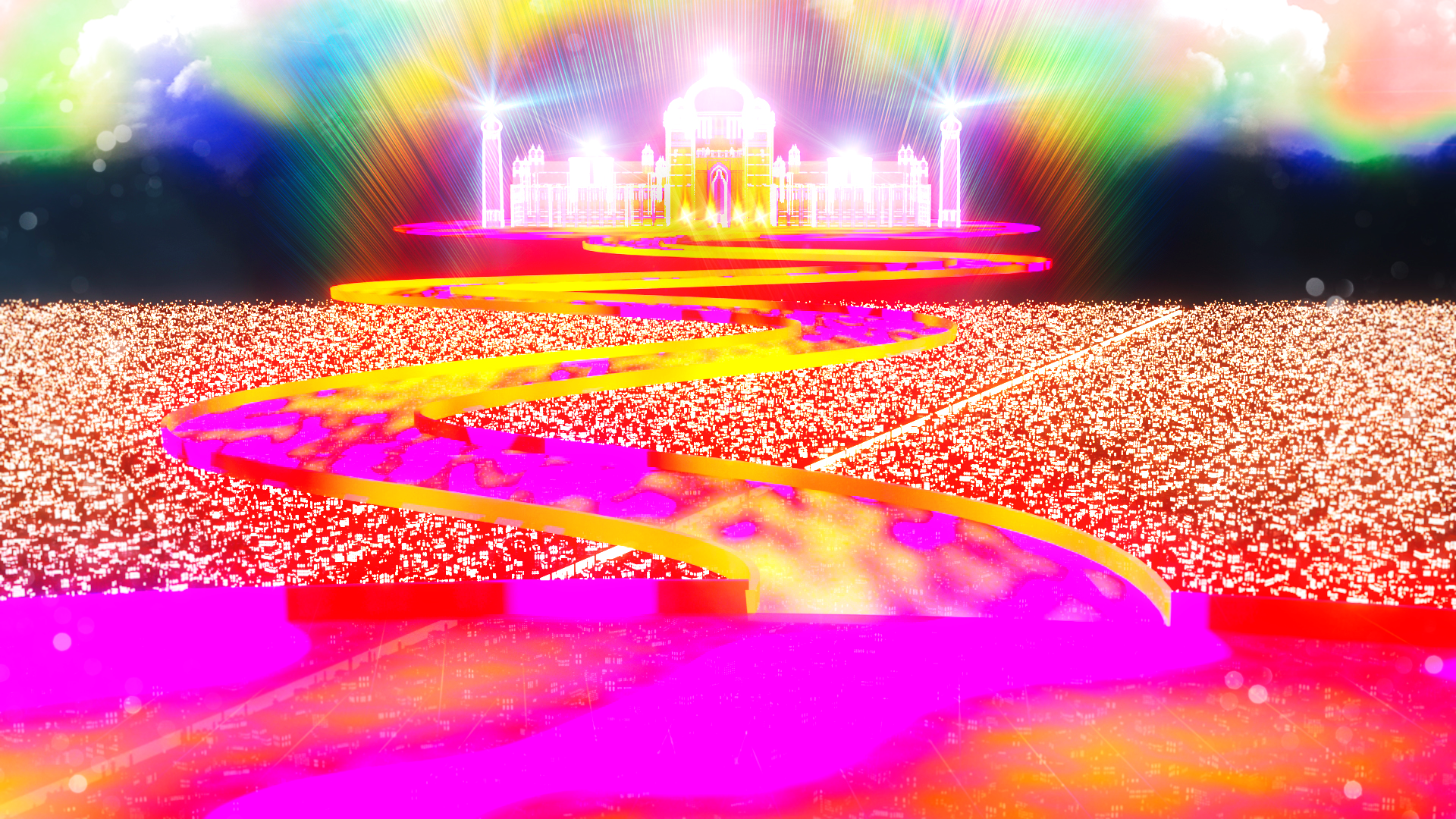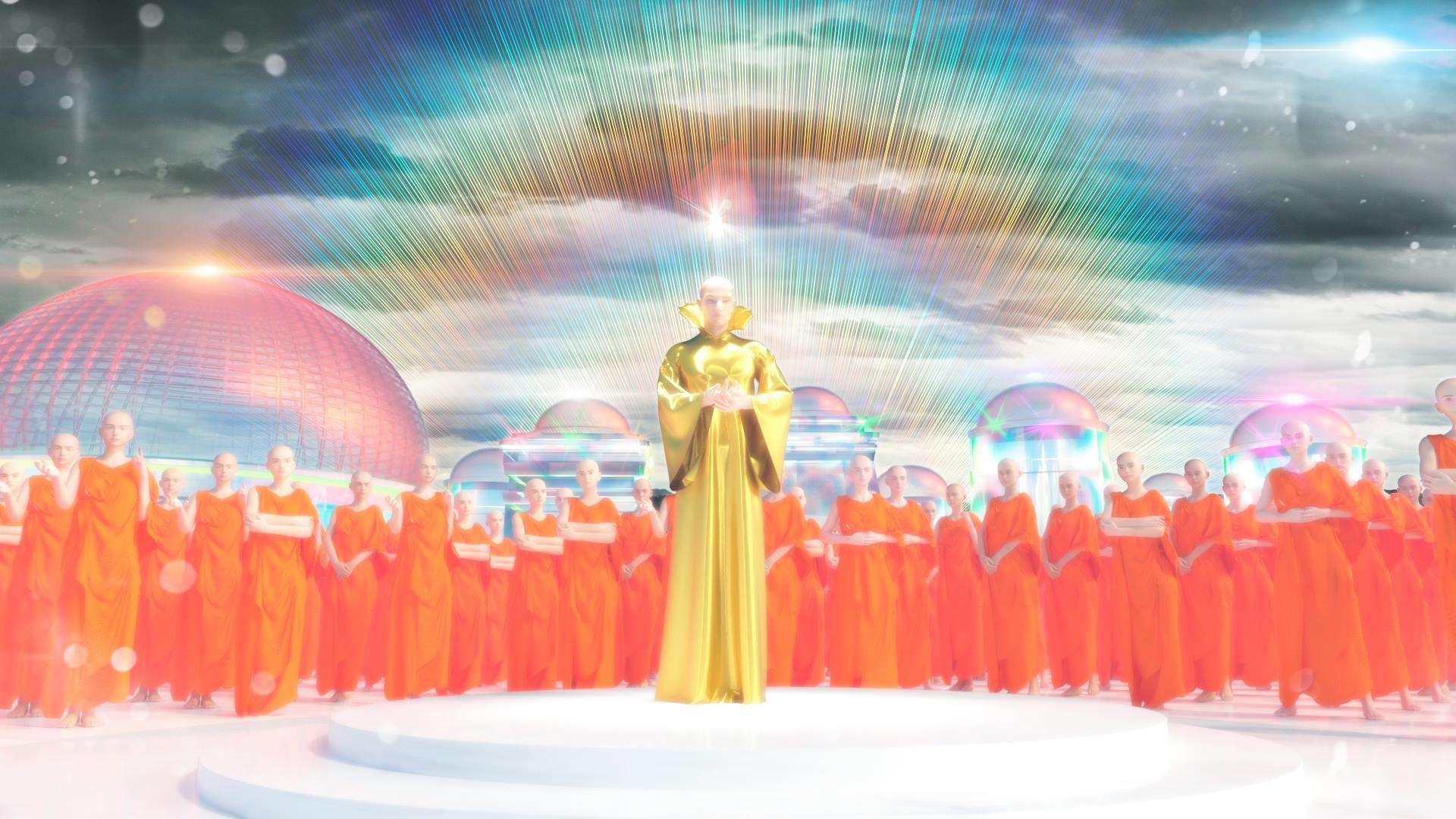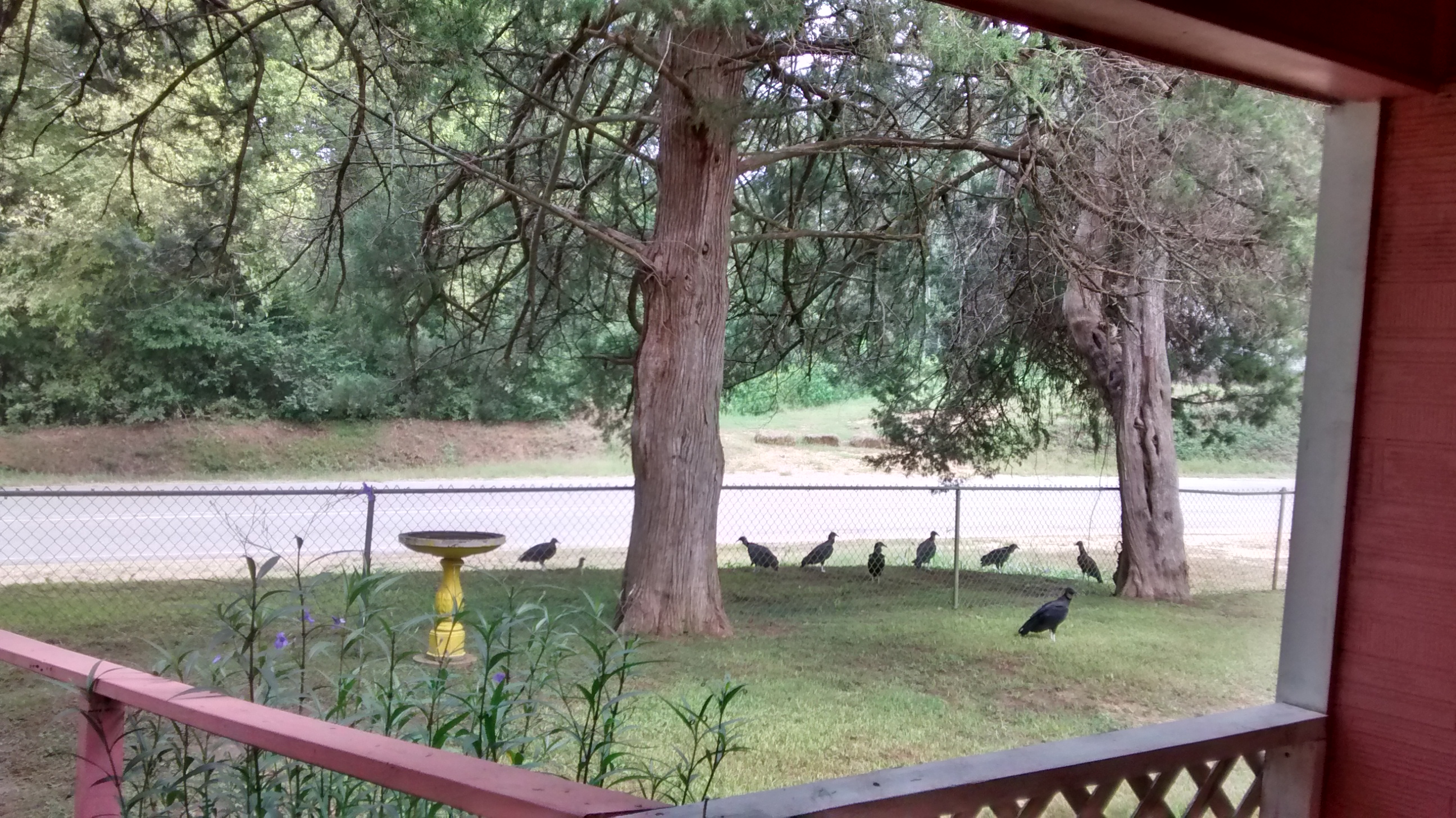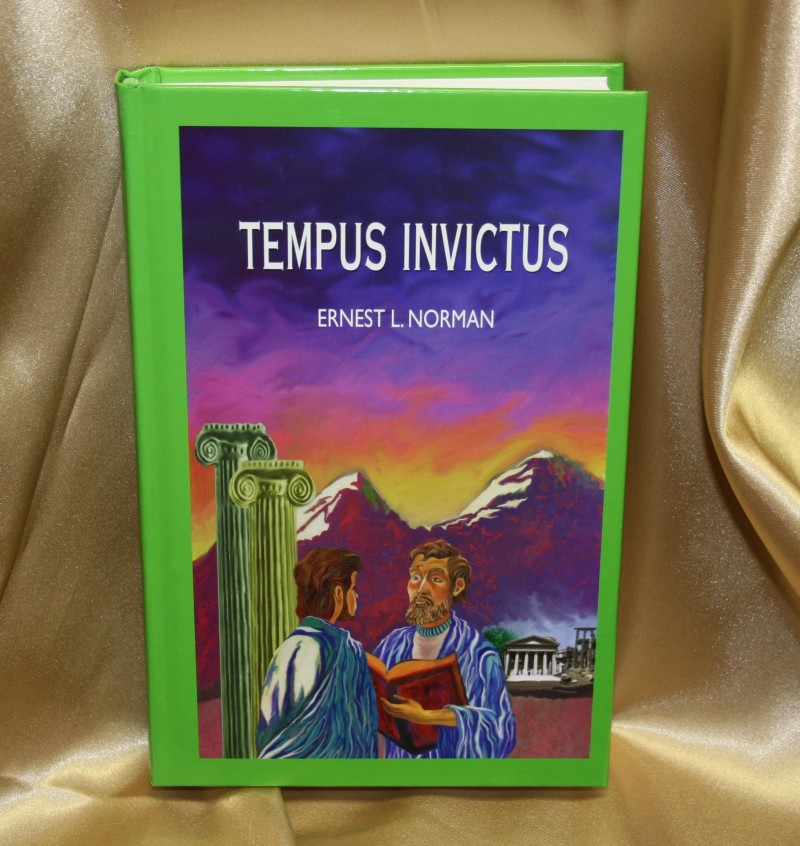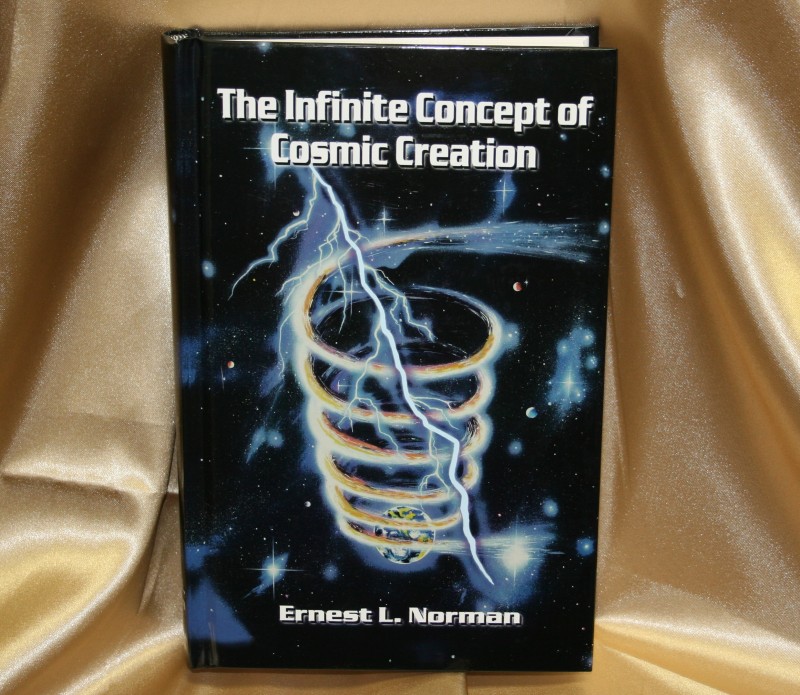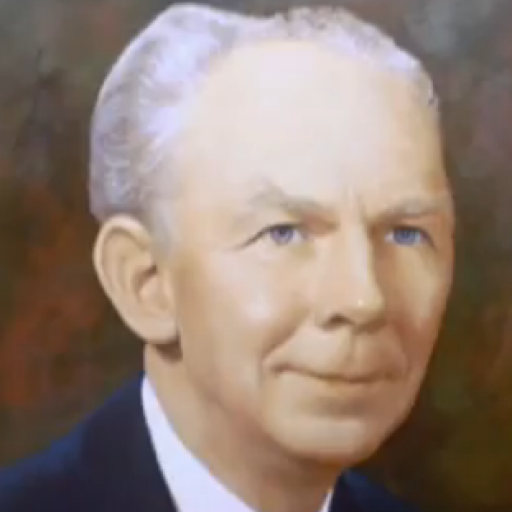PREFACE
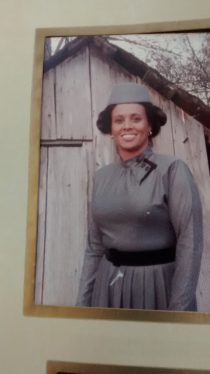 Well over a year ago, I wrote a short story titled If I Let Go. I put it aside until a few days ago, after my recent healing shared in Lavender Wings, and after editing, it now bears the title Night Light. I’m grateful to the Brothers for all the healings enabling me to fulfill my desire in this lifetime to become a writer. Copious works and memoirs of renowned writers have been encouraging, but my steadfast desire, kindled by the Light, assisted me in launching personal efforts to make the Inner journey to the Hall of Untold Stories.
Well over a year ago, I wrote a short story titled If I Let Go. I put it aside until a few days ago, after my recent healing shared in Lavender Wings, and after editing, it now bears the title Night Light. I’m grateful to the Brothers for all the healings enabling me to fulfill my desire in this lifetime to become a writer. Copious works and memoirs of renowned writers have been encouraging, but my steadfast desire, kindled by the Light, assisted me in launching personal efforts to make the Inner journey to the Hall of Untold Stories.
In childhood and most of my adult life, I’ve read or heard of accounts of abused women—there’s so much of it—and listening to their stories, I discovered unlimited, irrational explanations for enduring the abuse for a lifetime. I too was in such a relationship, short-lived; it lasted less than a year. I chose to leave after pointing and firing a weapon that I thought was loaded. Being physically struck was a powerful catalyst for self-defense before departure. Years later, after becoming a Unariun, I learned that we must be open to the Higher Inspirational Forces to overcome the destructive forces in our lives; our problems have to be traced to their source and objectified. Over a year ago, If I Let Go was written to be shared with women struggling with the symptoms of their negative biases. The Inspiration to now edit and publish the narrative on Unarians United, where many souls are passing through, has been overwhelming! It has been reduced from an approximate word count of 8,000 to 2,200 and is infused with Light, which I knew was lacking in the original.
While awaiting guidance from the Inner, I was assisting, I’ll call him Webb, with his patent pending application in the U.S. Patent and Trademark Office. Webb didn’t do the initial search to locate any related preexisting patents, so because of his poor vision, I’d been doing that. Also, the examiner informed him that his claims needed to be adjusted, as they didn’t clearly, or patently J reflect the concept of his invention. While sitting at my dining room table sharing my findings with Webb, including samples that could help him clarify, a Brother appeared on the Inner for the second time that day; the message was “Something good is going to happen.” His radiant Light allowed me to see that Webb wasn’t getting the Inspiration necessary to improve his claims, and simultaneously, I saw the magenta bird in Night Light.
It was surprising to learn that I was the little girl in Virginia!
Na’imah Combs

NIGHT LIGHT
 “I’ll be home in a few minutes,” Salea Kasna thought, walking alone down peaceful Sagefield Road. “We’ll have Tilapia and rice for supper.” On her left, a lithe Weeping Willow stood in front of the house on the half-acre lot where the Rankins used to live. Ahead, the sun was descending below the horizon behind the white, elegant house on the right; the man on the front lawn didn’t seem to notice her approaching. Salea’s thoughts of preparing the evening meal were disturbed when suddenly the atmosphere became darker; she stopped and stared deep into the strange milieu, then started to run toward the house, her breath surging through her chest. Terrified, she kept running in the enormity she feared being overtaken by and tore herself out of the dream she was having as she slept on the heavy, wooden table in the workshop behind her house; her uniform had been soiled by the crud filling hundreds of cracks.
“I’ll be home in a few minutes,” Salea Kasna thought, walking alone down peaceful Sagefield Road. “We’ll have Tilapia and rice for supper.” On her left, a lithe Weeping Willow stood in front of the house on the half-acre lot where the Rankins used to live. Ahead, the sun was descending below the horizon behind the white, elegant house on the right; the man on the front lawn didn’t seem to notice her approaching. Salea’s thoughts of preparing the evening meal were disturbed when suddenly the atmosphere became darker; she stopped and stared deep into the strange milieu, then started to run toward the house, her breath surging through her chest. Terrified, she kept running in the enormity she feared being overtaken by and tore herself out of the dream she was having as she slept on the heavy, wooden table in the workshop behind her house; her uniform had been soiled by the crud filling hundreds of cracks.
“Open this door, right now!” Orin shouted. He stuffed his useless key back into his pants pocket and cursed Salea with a miscreant’s best use of invectives. Before climbing onto the table, Salea had locked the door and reinforced it with a gray, metal chair braced under the knob so her husband couldn’t get in. The area around her swollen left eye—a few months ago it was the right eye—throbbed with pain. It was her good fortune, she thought, that Orin hadn’t locked the workshop door, something he always did whenever his work there was done. But the man had taken the keys of her Nissan from her handbag and deliberately left the shop door unlocked because he’d planned to force her out of the house that night, and the shop was where he wanted her to be. Ranting, he was engaging the next level of the broil that developed when Salea, aspiring to write, announced her intentions to enroll at the university for courses to improve her writing skills. She had stories, not yet titled, to tell, and they were dark ones. Now feeling physically sickened by Orin’s actions, Salea could finally acknowledge that he placed no value on her very existence.
Peering through the window behind her—the table was under it—Salea guessed the time to be about eight-thirty p.m. She had been home for several hours from The Pavilion, a medical clinic in Memphis where she was employed as an RN. Having been awake since the time before dawn, she longed to sleep again, but the circumstances and the heat of that Thursday mid-June night wouldn’t allow her to rest. The hum of the air conditioner, and the lights would have revealed her location, she thought, so she left them off; the heat was extremely uncomfortable, and later she would have to maneuver in utter darkness. Her relationship with Orin was a protracted, wretched one that she, at age forty-four, hadn’t yet dissolved, having lived with repeated mauling and condemnation in the dark realm of her mate’s mental disorder, and her own; her children had been suffering witnesses.
Minutes later, “I’m coming in, Salea!” Orin shouted, consciously inflecting when he called her name. Using the hammer he’d stashed in the kitchen, he struck the outer wall continually as he moved from the door to street-side window of the shop. He could get in easier there—and the darkness would conceal him from people passing by.
 Slipping off the table, sobbing her misery into muffling hands, Salea saw it again—a large pupil, black, set in a gold iris, oscillating in her presence. She first saw it as what appeared to be that very day’s sunrise, its Light consoling, she was just remembering. This time, the beautiful, sentient orb looked into her eyes and she heard, “You are ready.” Gradually, a purplish-red bird appeared in grandiose splendor, and the Light tendering him illumined the gradient hills upon which he stood. His beak and the top of his head were shiny black, as were his tail feathers; his eye-stripe, too, was golden. Below it was a white collar of feathers; the rest of his body was that brilliant magenta! A transparent veil, that opened and closed back-and-forth, covered the eye, and when it opened, Salea looked in and saw herself running in that night.
Slipping off the table, sobbing her misery into muffling hands, Salea saw it again—a large pupil, black, set in a gold iris, oscillating in her presence. She first saw it as what appeared to be that very day’s sunrise, its Light consoling, she was just remembering. This time, the beautiful, sentient orb looked into her eyes and she heard, “You are ready.” Gradually, a purplish-red bird appeared in grandiose splendor, and the Light tendering him illumined the gradient hills upon which he stood. His beak and the top of his head were shiny black, as were his tail feathers; his eye-stripe, too, was golden. Below it was a white collar of feathers; the rest of his body was that brilliant magenta! A transparent veil, that opened and closed back-and-forth, covered the eye, and when it opened, Salea looked in and saw herself running in that night.
After Orin completely destroyed the window, he slinked over the rubble and, inside, stood inhaling the usual shop smells. Listening but hearing nothing, and seething in the intolerable silence, he pitched the hammer against the far wall, expecting to hear a body scrapping for safety. He felt his way to the light switch and flipped it, but Salea had already bolted out the front door, feeling secure in the noise he made destroying the window. Orin ran out just in time to glimpse his wife running down Cherokee, the beginning of the two-mile course to her parents’ house on Mallory. He smiled. “She’ll never be a writer.”
Salea maintained focus and moved swiftly in the dark patches between street lights. On her right side was the slightly elevated shoulder, about twenty feet of it, then the yawning Gulch of Cherokee Street, known as the Devil’s Punch Bowl when she was a child. The scuttle that night was the worst, ever—being the first time she had been kicked out with both of the teens away. Ethan was spending the summer in Chicago with Uncle Chaney, and for three more weeks Asia, would be in Atlanta.
On Salea’s left side, a vehicle moving in her direction pulled up and slowed. The passenger-side window went down, and before it stopped, a pleasant male voice called out to her. “I know what you’re doing out here. You’re running, and he’s comfortable in your home, thanks to you. You need a ride, darling? I’ll take you anywhere you want to go.” No response. The vehicle rolled forward as Salea, now on the shoulder of Cherokee Street, walked in the periphery of its headlights. She sniveled, hoping the driver wouldn’t get out and throw her in the Gulch.
“I apologize for trying to save you.” Then as if he knew Salea’s thought, “Don’t worry; I’m not going to pitch you in. That sign says No Dumping… Can you read?” He knew she wanted to disappear from his view of her cringing body. “Just jump!” he said pleasantly, as if sanctioning a good deed. Salea continued to walk, the car kept rolling.
“What do you want from this life?” the stranger asked, his eyes pinned on her dark form. “Don’t lie to me! I know you. You wanted supper in a house, at a table in a dining room that wasn’t yours! I saw you on my road!”
“Help me…” Salea pleaded inward, something she’d done often lately. The eye of the magenta bird smiled, and in the Light of it, she saw the man who appeared to be Orin in the car.
“I hope the road in your dreams won’t bring you to my house again,” he said. “You’re insane.”
As the car rolled forward, each light went out one-by-one, until it was out of sight. The bird blinked, and in the Light, Salea got a view of the last time she fled down the dispirited path to Mallory.
It’s me, Mother,” she called out over the shrilling door bell. “Please open the door!”
An interior light came on. Mrs. Welch opened the door and saw her daughter standing there—again.
“I’m sorry for disturbing you, Mother, but Orin locked me out.”
“You didn’t disturb me.” Delta opened the door wider. Salea walked in and sat on the couch, glad for the moments to relax her physical body. “Your father and I watched a movie and just got to bed.” Her purple robe caught Salea’s aesthetic eye.
“I’m going back to bed,” Mrs. Welch said, ignoring Salea’s distressed appearance. “Don’t forget to turn the lamp off.”
“Mother, can you take a few minutes? I need to talk to you.”
“No more!”
“I won’t be here long,” Salea said, suddenly defensive, tinged with anger. “He’ll be alright in a day or so. I know—”
“Go back when you’re ready! Your father and I want to live peacefully, Delta said, dismissing the child she’d stood by all of her life.
Salea knew not to say another word.
“For years, Orin has been forcing you out of your father’s house and land that will be yours one day,” Mrs. Welch went on. “You have your grandmother’s Last Will and Testament that leaves the property to you.”
“Why are you reminding me of that?” Salea asked.
“And you need to know that your children refuse to live with you any longer. As they see it, you cherish Orin’s abuse.”
“That’s ridiculous.” Salea frowned and stared at the floor; thinking of the times Asia had screamed at the face of her father.
“Can you take me home in the morning?” She had heard enough.
At breakfast, Salea told her parents about the magenta bird. She’d made it to their home in the Blink of his harboring eye.
“We’re going with you,” Abron told his daughter, aware of the presence of positive changes. “I haven’t been inside the house in quite a while!” He hadn’t forgotten Orin’s audacity to strike his daughter in his presence when his grandchildren were babies.
“I don’t want any more trouble!”
“There won’t be! I have no intentions of confronting Orin. I want you to get to work this morning without difficulty.”
When they arrived at his childhood home, Abron Welch walked ahead of his family and rang the doorbell. Orin opened the door, and standing face to face with Abron, a wave of fear that he concealed quite well seized his whole body. He was willing to fight his son, who had developed the courage to defend his mother, but not Abron Welch; the man had fists that made things happen.
“Good morning,” Mrs. Welch spoke coolly from behind Abron who stared at Orin but said nothing.
 “Come in,” Orin motioned. “I was getting dressed to leave for work.” But unable to sincerely speak kindly to the Welches, he walked back into the bedroom, having no intention of dealing with them about last night. Mr. Welch’s promise of peace helped Salea maintain her composure; her parents stood while she went straight into the bedroom, dressed, and picked up her cell phone, her handbag on the dresser where she had left it, and the keys to her vehicle that Orin had thrown on the bed before he slinked out the back door. By 7:00 a.m., the Kasna house was empty. Salea, on her way to the clinic, voiced her desire for what she didn’t know was soulic liberation.
“Come in,” Orin motioned. “I was getting dressed to leave for work.” But unable to sincerely speak kindly to the Welches, he walked back into the bedroom, having no intention of dealing with them about last night. Mr. Welch’s promise of peace helped Salea maintain her composure; her parents stood while she went straight into the bedroom, dressed, and picked up her cell phone, her handbag on the dresser where she had left it, and the keys to her vehicle that Orin had thrown on the bed before he slinked out the back door. By 7:00 a.m., the Kasna house was empty. Salea, on her way to the clinic, voiced her desire for what she didn’t know was soulic liberation.
It was a Fall night in the year 1850, in Virginia, a seven-year-old girl lay in front of a wood burning fireplace trying to read a book in the light. With her, in the small weather-beaten structure, sat a man wearing dark clothing and a hat, watching her. In his right hand was the quirt he used often to strike the child, even across the face, when she was disobedient. He was her father, a Baptist preacher, and he forbade her to read anything he didn’t approve of. There were scraps of paper with her scribblings on them, behind a wall, stuffed through a hole in the board behind her cot. She had learned to keep secrets, to speak no more of her desire to be a writer when she grows up.
Tagged with: Voice of Venus
